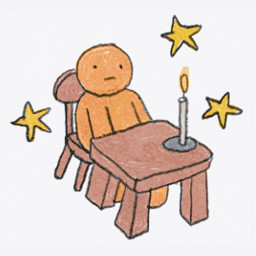Asenna Steam
kirjaudu sisään
|
kieli
简体中文 (yksinkertaistettu kiina)
繁體中文 (perinteinen kiina)
日本語 (japani)
한국어 (korea)
ไทย (thai)
български (bulgaria)
Čeština (tšekki)
Dansk (tanska)
Deutsch (saksa)
English (englanti)
Español – España (espanja – Espanja)
Español – Latinoamérica (espanja – Lat. Am.)
Ελληνικά (kreikka)
Français (ranska)
Italiano (italia)
Bahasa Indonesia (indonesia)
Magyar (unkari)
Nederlands (hollanti)
Norsk (norja)
Polski (puola)
Português (portugali – Portugali)
Português – Brasil (portugali – Brasilia)
Română (romania)
Русский (venäjä)
Svenska (ruotsi)
Türkçe (turkki)
Tiếng Việt (vietnam)
Українська (ukraina)
Ilmoita käännösongelmasta


 Issaquah, Washington, United States
Issaquah, Washington, United States 



















Because seven "ate" nine!
This comment is an example of a series of words that may be assigned comedic value in our society. One of the many layers of this "joke" is the personification of numbers, as, of course, numbers cannot have feelings and being afraid of another number is a specifically human feeling that we know that numbers cannot have. The "punchline" of this "play on words" is that the number "eight" and "ate" are homonyms so even though the two different words are spelled differently and have different meanings, they are pronounced in the same way, which may classify this joke as a "play on words" or a "pun". This brings us back to the original inquiry, which asked the recipient why six was afraid of seven; now that the punchline has specified that the number seven has consumed the number nine this may lead the number six to believe that seven will eat any number, giving the number six a feeling of uncertainty towards seven.
Because 7 loved 6. But unbeknownst to 7, 6 had triskaidekaphobia and was nonplussed by the possibility that their union, resulting in the sum of their two parts, would produce an addition to the equation that would inevitably render the two lovers forever divided.